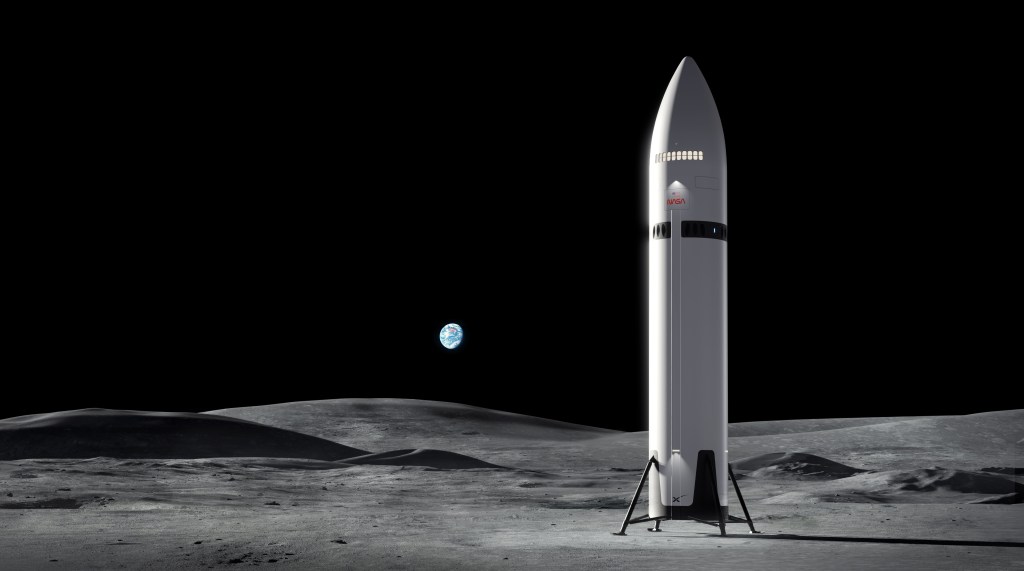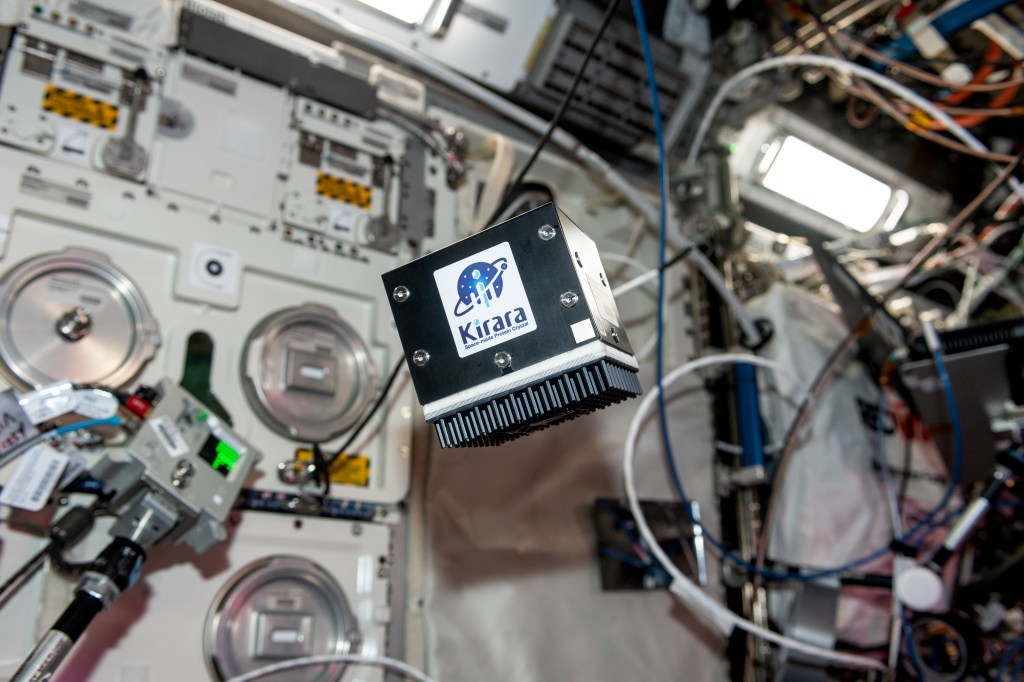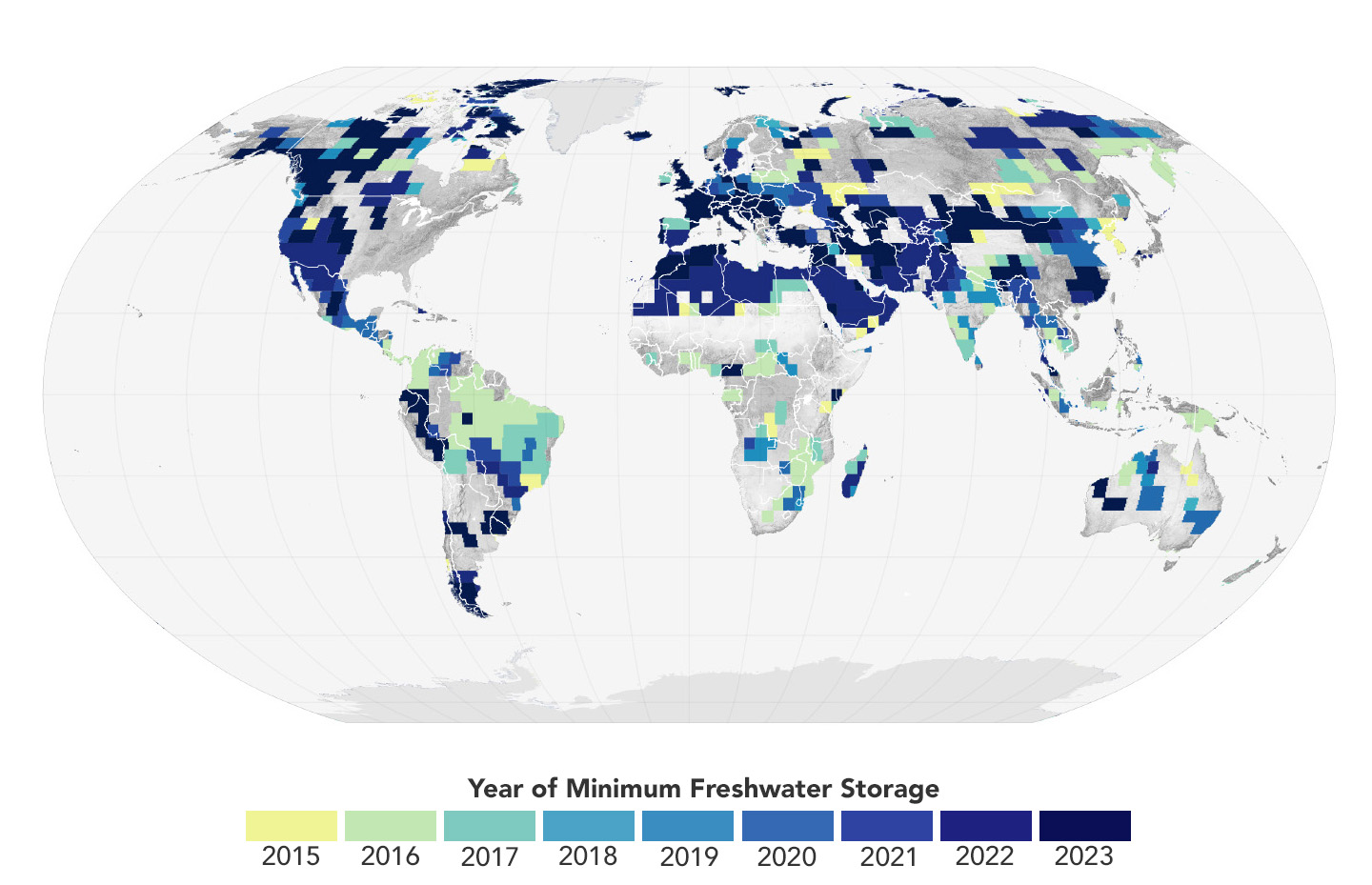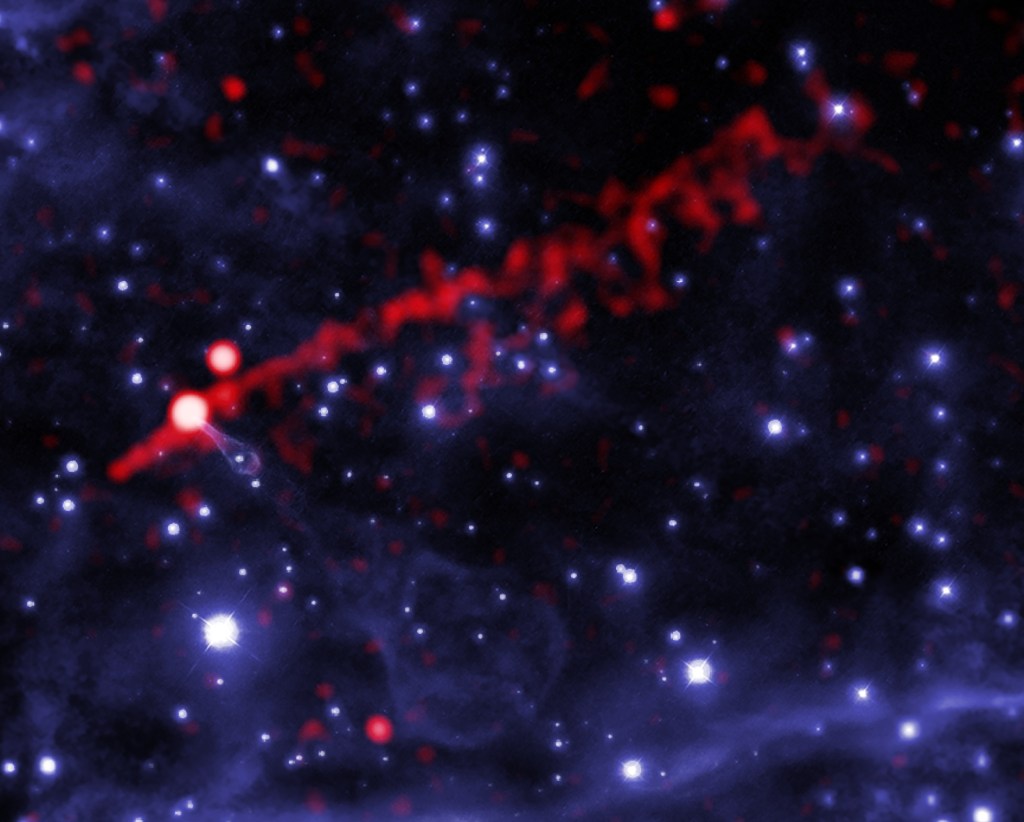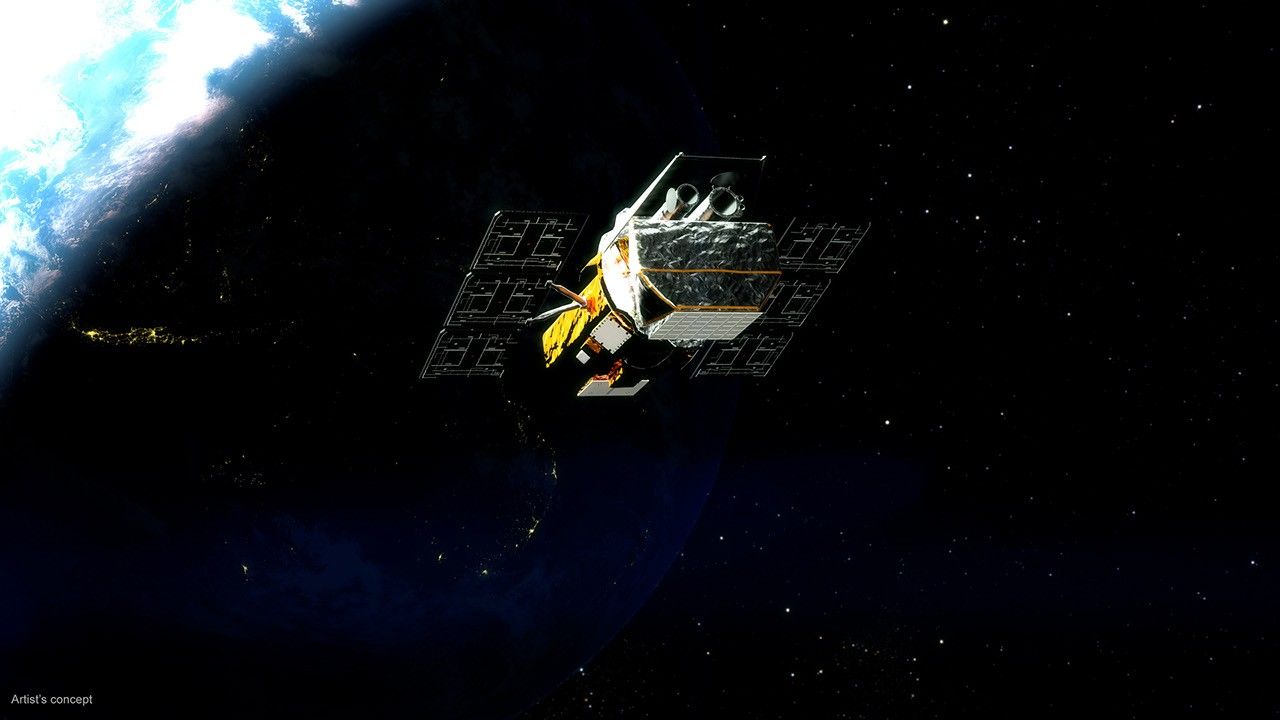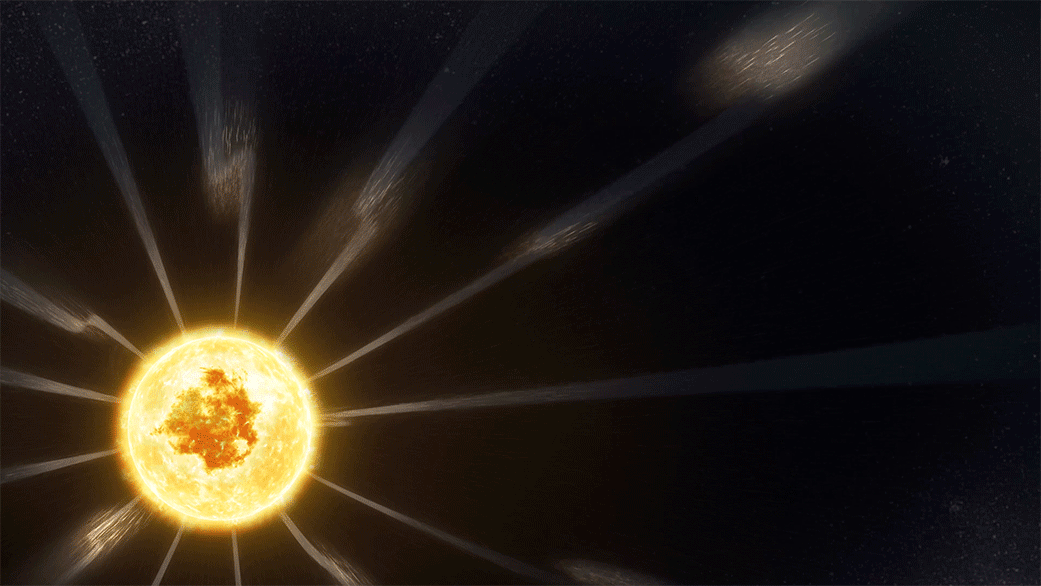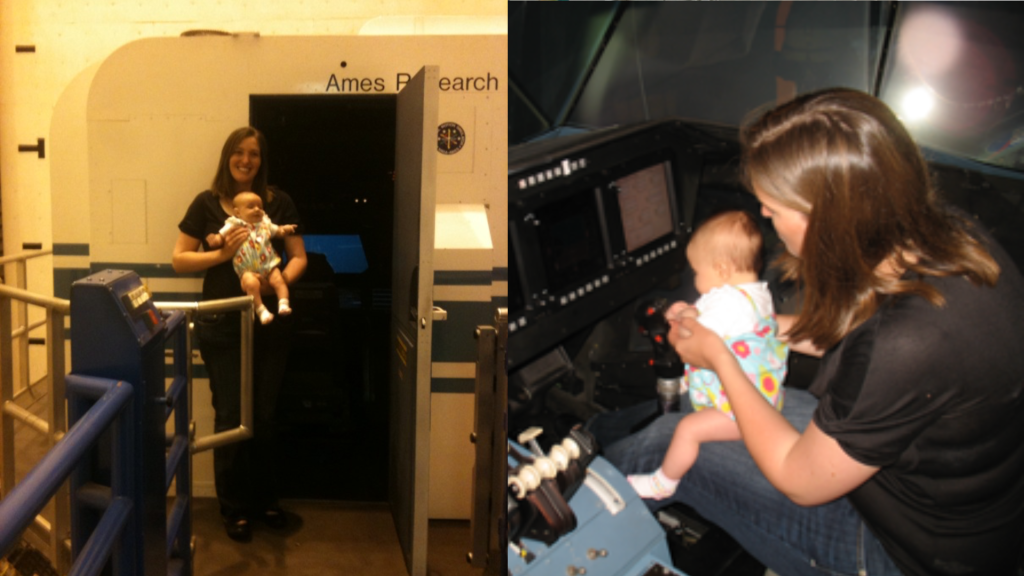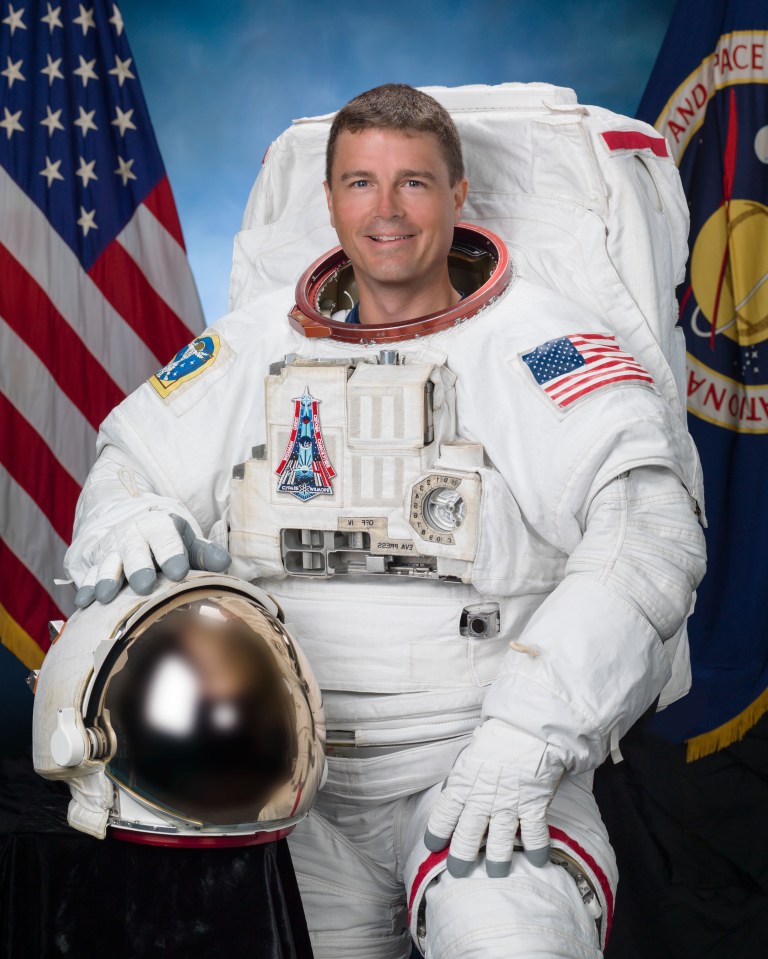
Reid Wiseman
NASA Astronaut and U.S. Navy Captain
Follow Reid
Summary
Reid Wiseman served as Flight Engineer aboard the International Space Station for Expedition 41 from May through November of 2014. During the 165-day mission, Reid and his crewmates completed over 300 scientific experiments in areas such as human physiology, medicine, physical science, Earth science and astrophysics. They set a milestone for station science by completing a record 82 hours of research in a single week. This was Reid’s first spaceflight, which also included almost 13 hours as lead spacewalker during two trips outside the orbital complex. Reid also fostered a strong social media presence throughout his mission by sharing the raw emotions of spaceflight as seen through the eyes of a rookie flier. The Baltimore native earned a Bachelor of Science degree from Rensselaer Polytechnic Institute in Troy, New York, and a Master of Science in Systems Engineering from the Johns Hopkins University in Baltimore. He served as Chief of the Astronaut Office. Wiseman has been assigned as Commander of NASA’s Artemis II mission.
Personal
Reid’s hometown is Baltimore, Maryland. His late wife, Carroll, is survived by their two children. His father, Bill, resides in Hunt Valley, Maryland.
Education
Graduated from Dulaney High School, Timonium, Maryland, 1993; Bachelor of Science degree in Computer and Systems Engineering, Rensselaer Polytechnic Institute, Troy, New York, 1997; Master of Science degree in Systems Engineering, Johns Hopkins University, Baltimore, Maryland, 2006; Certificate of Space Systems, US Naval Postgraduate School, Monterey, California, 2008.
Experience
Reid was commissioned through the Reserve Officers’ Training Corps (ROTC) following graduation from Rensselaer Polytechnic Institute in 1997 and reported to Pensacola, Florida, for flight training. He was designated as a Naval Aviator in 1999 and reported to Fighter Squadron 101, Naval Air Station Oceana, Virginia, for transition to the F‑14 Tomcat. Following his initial training, Reid was assigned to Fighter Squadron 31, also at Oceana, and made two deployments to the Middle East, supporting Operations Southern Watch, Enduring Freedom and Iraqi Freedom. During his second deployment in 2003, he was selected to attend the U.S. Naval Test Pilot School, Class 125. Following graduation in June 2004, Reid was assigned as a Test Pilot and Project Officer at Air Test and Evaluation Squadron Two Three (VX-23) at Naval Air Station Patuxent River, Maryland. At VX-23, Reid earned his Master’s degree and worked various flight test programs involving the F-35 Lightning II, F-18 weapons separation, Ship Suitability and the T-45 Goshawk. Following his tour at Patuxent River, Reid reported to Carrier Air Wing Seventeen as the Strike Operations Officer, where he completed a deployment around South America. From there, he was assigned to Strike Fighter Squadron 103, Naval Air Station Oceana, Virginia, flying the FA-18F Super Hornet. He was at sea when he was selected for astronaut training.
NASA Experience
Reid was selected in June 2009 as one of 9 members of the 20th NASA astronaut class. Reid reported to the Johnson Space Center in August 2009 and completed astronaut training in May 2011. He served as Flight Engineer aboard the International Space Station for Expedition 41. He served as chief of the astronaut office from 2020 through 2022. Wiseman has been assigned as Commander of NASA’s Artemis II mission.
Spaceflight Experience
Expedition 40/41 (May 29 through November 9, 2014). On May 29, 2014, Reid launched from the Baikonur Cosmodrome in Kazakhstan to the International Space Station along with two of his best friends, Soyuz Commander Maxim Suraev of the Russian Federal Space Agency (Roscosmos) and Flight Engineer Alexander Gerst of the European Space Agency. Upon reaching the station, they joined NASA astronaut and Commander Steven Swanson, cosmonauts Alexander Skvortsov, and Oleg Artemyev of Roscosmos. The three crew members of Expedition 41 returned to earth on Sunday, November 9, 2014, in Arkalyk, Kazakhstan after a 165-day mission that included hundreds of scientific experiments and two spacewalks. They set a milestone for station science by completing a record 82 hours of research in a single week in July, 2014.
Awards/Honors
Air Medal with Combat V (five awards), Navy and Marine Corps Commendation Medal with Combat V (four awards), Navy and Marine Corps Achievement Medal, various other campaign and service awards.
Organizations
Association of Space Explorers, Tailhook Association, Rensselaer Polytechnic Institute Alumni Association, Tau Beta Pi Engineering Honor Society, Society of Experimental Test Pilots
Pronunciation
REED WISE-man





